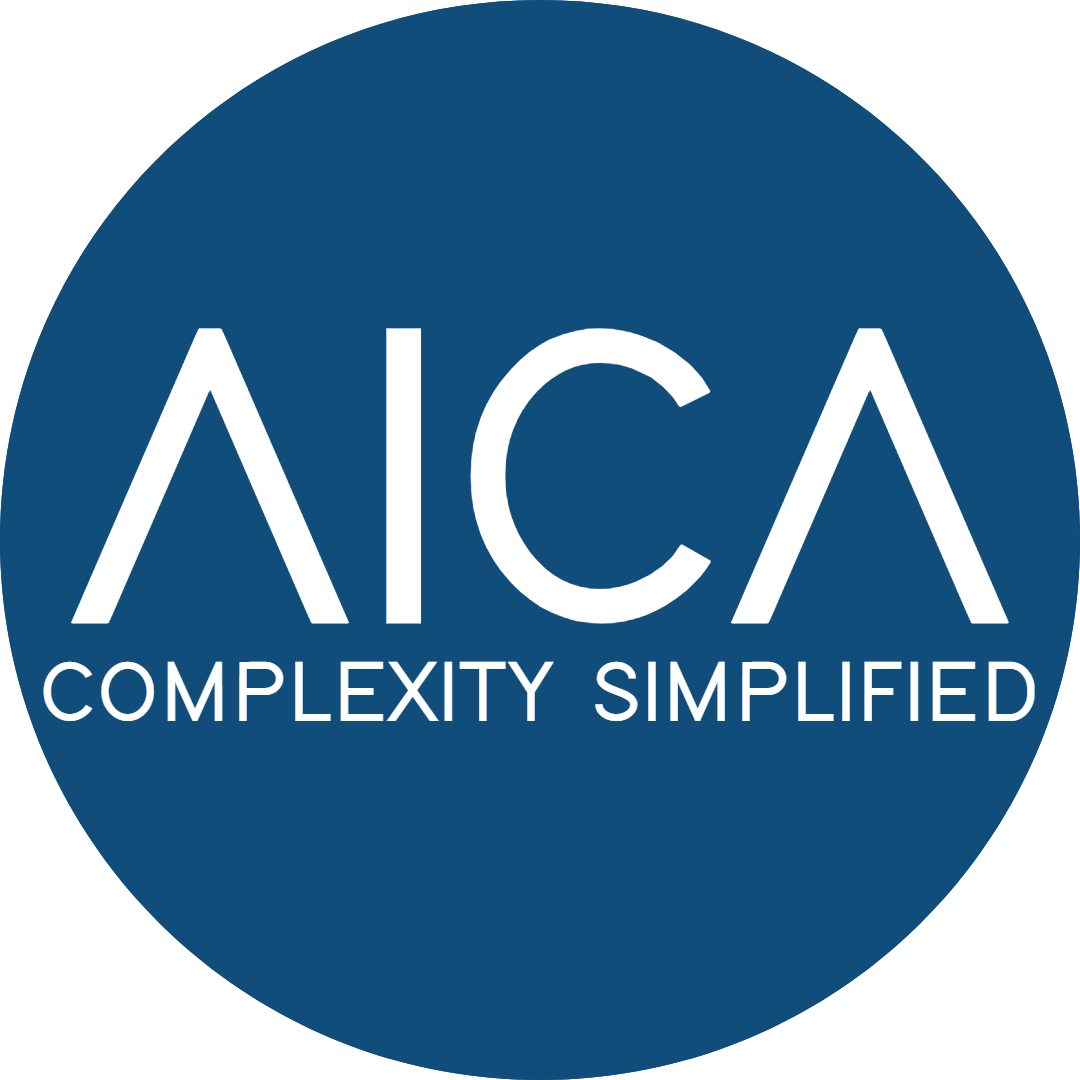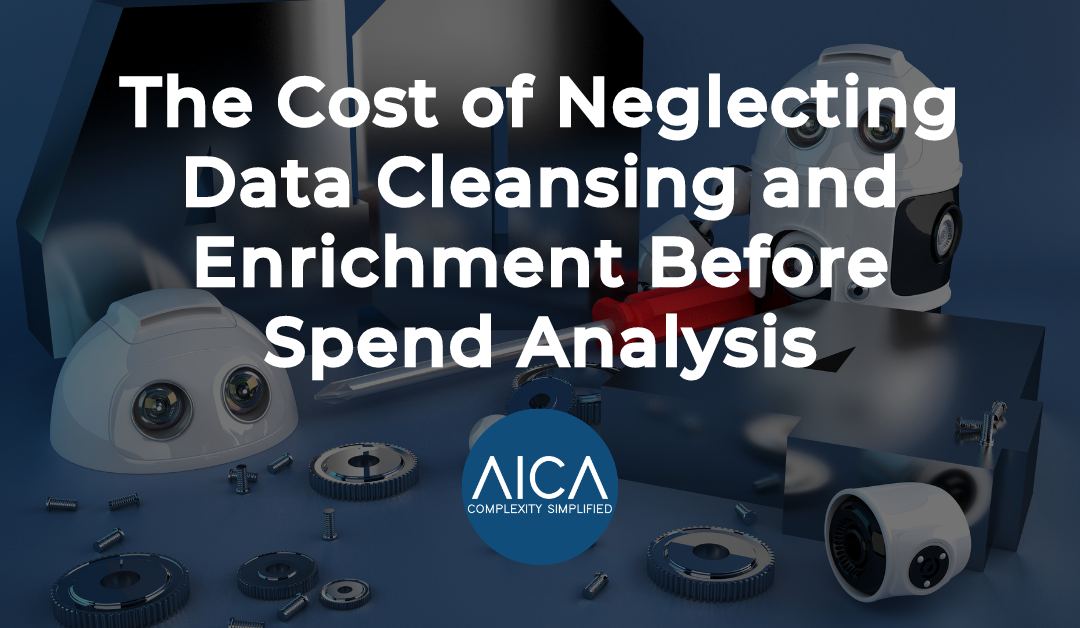Strategic procurement decisions often hinge on the integrity of your data. The absence of cleansed and enriched data in spend analysis stands as a formidable barrier to organisational success.
Clean and precise data forms the backbone of spend analysis, enabling you to uncover actionable insights, drive efficiency, and secure competitive advantages. Without it, your company risks navigating the complex terrain of procurement and strategic planning blindfolded, vulnerable to misinformed decisions and operational inefficiencies.
This article delves into the impact of relying on uncleaned and unenriched product data. We will also highlight the essential need for robust data cleansing and enrichment practices to fuel effective spend analysis and propel your business towards its strategic goals.
The Effects of Poor Product Data Quality on Spend Analysis
Misguided Decision-Making
At the heart of spend analysis is the ability to make informed decisions that drive cost savings and efficiency. Uncleansed data, riddled with inaccuracies, duplicates, and inconsistencies, paints a misleading picture of spending patterns, leading to decisions based on faulty premises.
This misguidance can result in overpayments, missed savings opportunities, and suboptimal supplier relationships.
Reduced Operational Efficiency
Spend analysis aims to identify areas for process improvement and cost reduction. However, without cleansed and enriched data, organisations may find themselves chasing shadows, unable to pinpoint genuine inefficiencies or areas ripe for optimisation.
The time and resources wasted on correcting errors or reconciling data discrepancies further compound operational inefficiencies.
Hindered Strategic Sourcing
Effective sourcing strategies are predicated on a deep understanding of spending patterns, supplier performance, and market dynamics. Uncleansed and unenriched data obscure these insights, making it challenging to identify strategic sourcing opportunities, negotiate favourable terms, or manage supplier risk effectively.
Compliance and Risk Management Challenges
In an era where regulatory compliance and risk management are paramount, the integrity of spend data is critical. Uncleansed data may hide compliance breaches or expose the organisation to undue risk by failing to provide a clear view of supplier dependencies, contract adherence, and spending anomalies.
Erosion of Stakeholder Confidence
Decision-makers rely on accurate and comprehensive data to steer their strategies. The persistent use of poor-quality data can erode confidence in the procurement function, leading to questioned decisions and reduced influence of procurement leaders within the organisation.
Impacted Bottom Line
Ultimately, the consequences of not having cleansed and enriched data in spend analysis can directly impact the organisation’s bottom line. Inefficiencies, missed opportunities for savings, and increased risk all contribute to higher costs and reduced profitability.
The Path Forward: Embracing Data Quality
Recognising the detrimental effects of poor data quality, your organisation must prioritise data cleansing and enrichment as core components of its spend analysis efforts.
This entails implementing robust data management practices, leveraging technology and automation for data processing, and fostering a culture of continuous improvement in data quality.
By doing so, your business can unlock the full potential of spend analysis, transforming procurement data into a strategic asset that drives informed decision-making, operational efficiency, and competitive advantage.
Conclusion
Investing in the processes and technologies necessary to ensure data quality is a fundamental requirement if you’re looking to get the most accurate results from your spend analysis.
Contact AICA today to get a free analysis of your product data quality so that you can transform your future spend analysis.
Copyright Reserved © AICA Data International Ltd 2023

